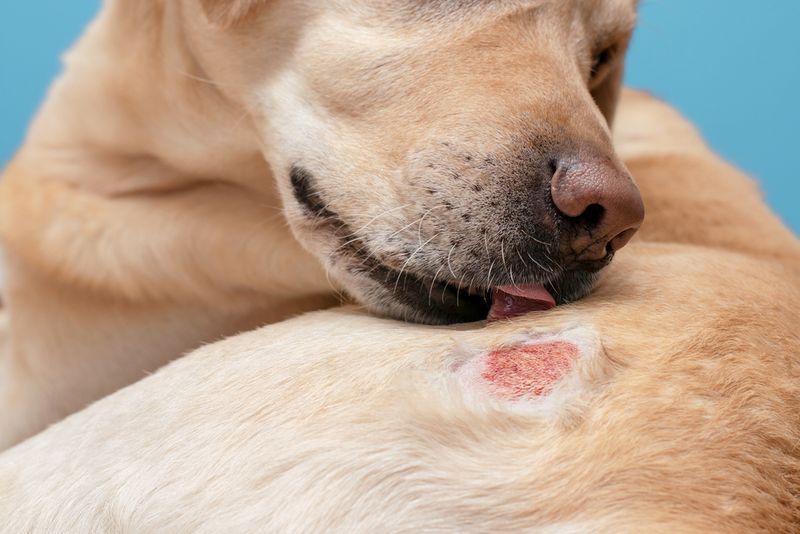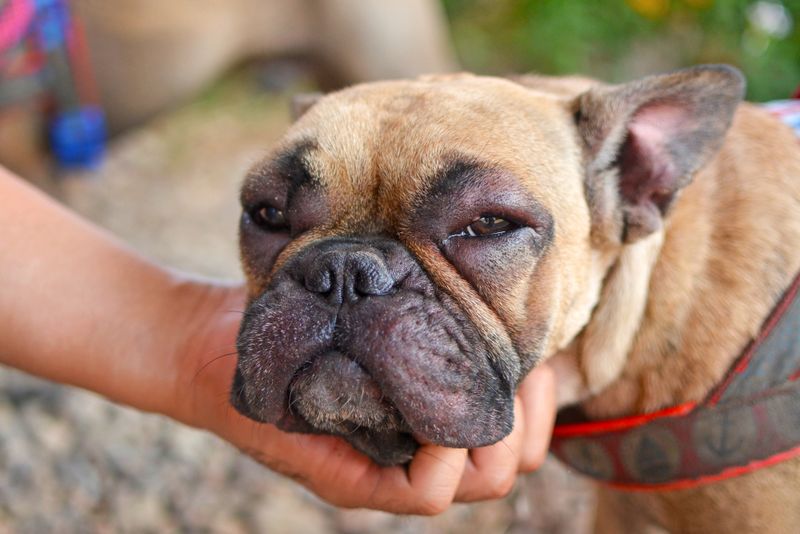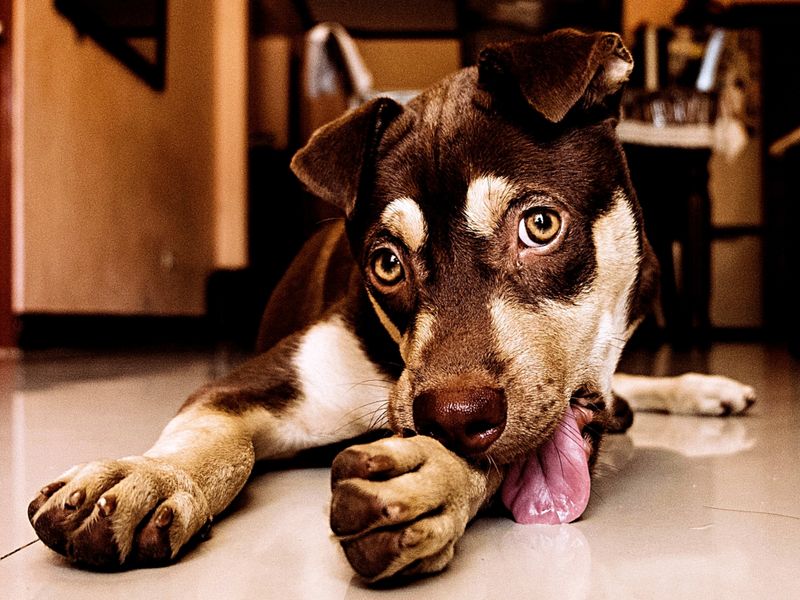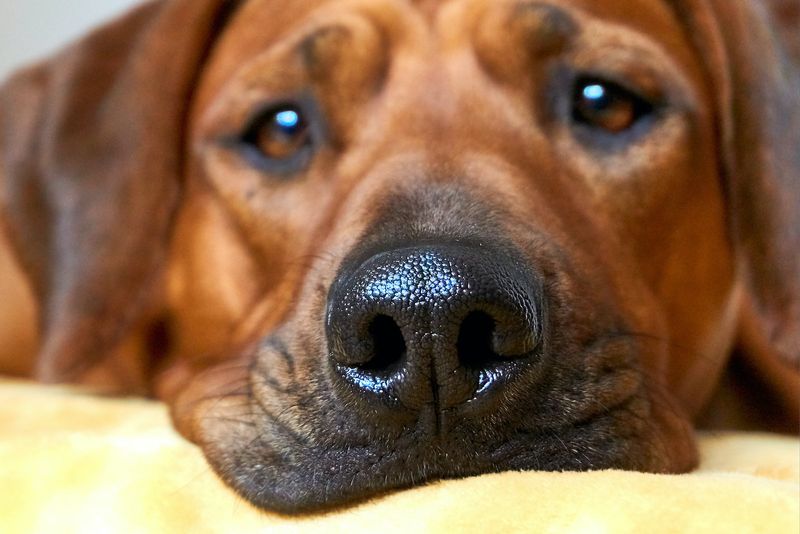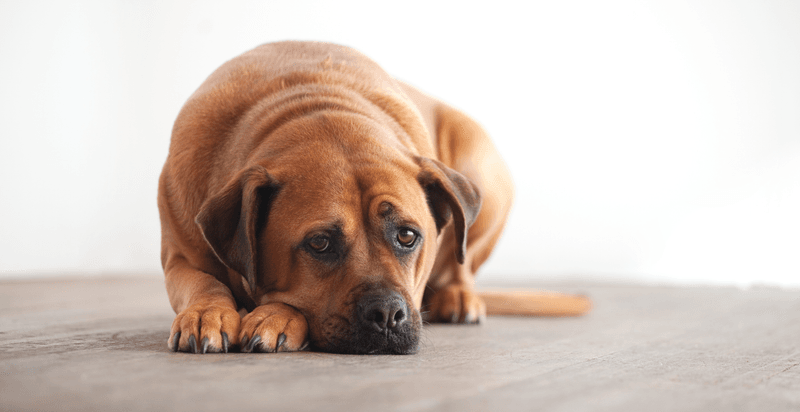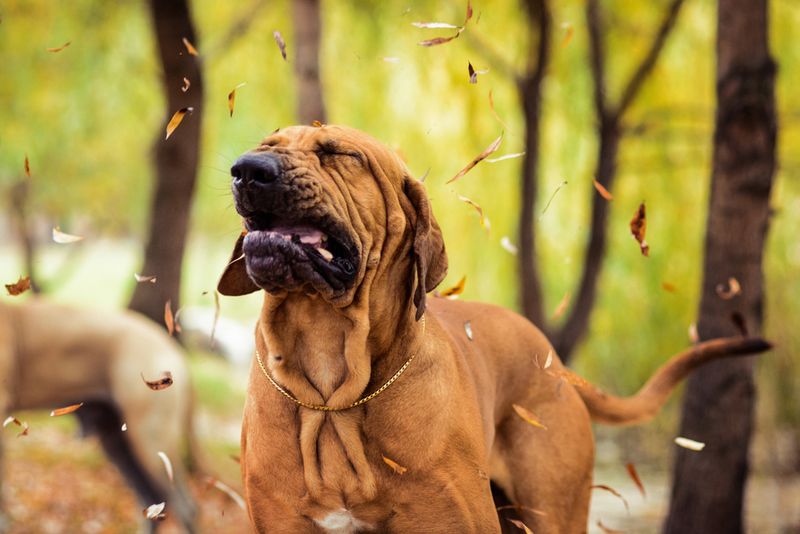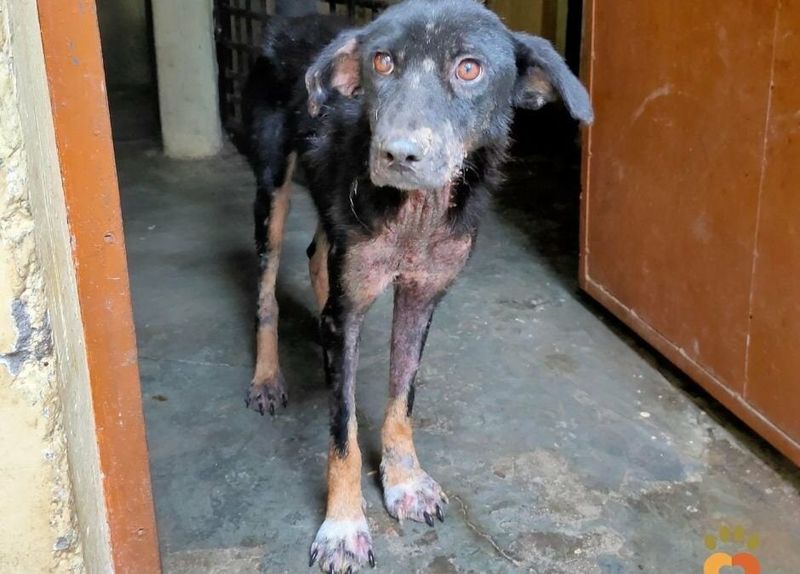Cheese is a tempting treat for many dogs, but not all canines can safely indulge in this dairy delight. Allergies to cheese can manifest in various forms, affecting your dog’s health and well-being. Recognizing the signs early can help in providing the right care and avoiding discomfort for your furry friend. This blog post outlines 14 specific warning signs that may indicate your dog is allergic to cheese, each accompanied by a distinctive description to aid in understanding the symptom better. Be mindful of these signs to ensure your dog’s happiness and health.
Itchy Skin and Constant Scratching
Dogs love cheese, but for some, it can be an itch-inducing treat. Persistent itching is a common sign that your dog might be allergic to cheese. They may scratch relentlessly, focusing on areas like the belly or ears. This constant scratching can lead to red, irritated skin.
If you notice bald patches or sores forming, it’s time to consult a vet. The discomfort can be distressing for your furry friend. Providing relief through hypoallergenic diets or vet-approved treatments can make a world of difference. Keep an eye on their skin’s condition after any cheesy indulgence.
Digestive Issues
Imagine a dog with an upset tummy after a cheesy treat. Digestive woes like vomiting or diarrhea can be telling signs of a cheese allergy. Your dog may seem reluctant to eat or drink, showing distress with gastrointestinal discomfort.
Monitoring your dog’s diet and identifying the culprit is crucial. If cheese is the suspected offender, removing it can alleviate symptoms. Frequent vet visits can help in managing long-term effects and ensuring your pet’s comfort. Remember, a happy tummy makes for a happy pup, so be cautious with cheese offerings.
Persistent Ear Infections
Those adorable floppy ears can sometimes be a hotspot for issues. If your dog suffers from frequent ear infections, cheese might be a hidden antagonist. Allergies often cause inflammation and wax buildup in the ears.
Symptoms include constant head shaking, ear scratching, and an unpleasant odor. Timely vet consultations and ear cleanings can prevent complications. Consider dietary adjustments to reduce the risk of recurring infections. Ensuring your dog’s ears are healthy will enhance their quality of life and keep those ears happily flapping.
Swelling of Face or Paws
Facial or paw swelling can be alarming for any pet parent. This type of allergic reaction to cheese can happen suddenly. You might notice your dog’s face puffing up or their paws becoming tender and inflamed.
Immediate action is necessary, as swelling can lead to more severe issues if left unchecked. Anti-inflammatory medications prescribed by a vet can provide relief. Monitoring your dog’s response to cheese and other foods will help in identifying allergens. Swift intervention ensures your pet’s comfort and safety.
Excessive Licking
Licking might seem harmless, but when excessive, it’s a clue to deeper issues. If your dog is constantly licking its paws or other body parts, cheese might be the culprit. This behavior is often an attempt to alleviate discomfort from an allergic reaction.
Observing where your dog focuses its licking can provide insights. If the licking is accompanied by redness or irritation, a vet’s advice is warranted. Removing cheese from their diet might stop this compulsive habit. Happy, healthy skin is a sign of a contented dog, free from allergens.
Breathing Difficulties
Breathing issues can transform a playful dog into a worried one. Cheese allergies may cause respiratory distress, evidenced by wheezing or coughing. Your dog might show signs of labored breathing, which can escalate quickly.
Prompt veterinary care is essential to manage symptoms and prevent complications. Identifying cheese as a potential allergen will allow you to adjust their diet and alleviate respiratory struggles. Ensuring a cheese-free environment can help your dog breathe easy and return to their joyful self.
Runny Nose and Eyes
A runny nose and watery eyes can be more than a seasonal occurrence. For dogs allergic to cheese, these symptoms manifest as part of an allergic response. It’s a hint that their immune system is reacting unfavorably.
Consistent monitoring and vet consultations can help in managing this condition. Dietary changes, including eliminating cheese, can reduce symptoms significantly. A happy dog is one with clear eyes and a dry nose, free from allergic irritants. Keeping track of their reactions to different foods is crucial.
Increased Flatulence
While flatulence is a common dog trait, excessive gas may point to an allergy. Cheese can lead to digestive disturbances, causing your dog to experience increased flatulence. This symptom can be uncomfortable for your pet and amusing or unpleasant for those around them.
If your dog’s gas becomes frequent and odorous, consider evaluating their cheese intake. A balanced diet, free from allergens, can ease digestive discomfort. Speaking with a vet will provide insights into dietary adjustments. A harmonious home environment is one where everyone breathes easy.
Loss of Appetite
A sudden disinterest in food can raise alarm bells. Dogs allergic to cheese might shy away from meals, showcasing a noticeable drop in appetite. This behavior often accompanies other symptoms like vomiting or lethargy.
Close observation of your dog’s eating habits, especially after cheese consumption, is crucial. Consulting a vet can help identify specific allergens and restore their appetite. Ensuring a nutritious, cheese-free diet will bring back their enthusiasm for mealtime. A nourished dog is a lively and happy companion.
Behavioral Changes and Anxiety
Personality shifts can signal an underlying issue. Cheese allergies may cause anxiety or behavioral changes in dogs. Your previously energetic pet might become withdrawn or display nervous behaviors.
Identifying and removing allergens can help restore their natural demeanor. It’s important to monitor their moods and consult a vet for guidance. A stress-free environment, with a suitable diet, promotes emotional well-being. A content dog is one that feels secure and comfortable in their surroundings.
Chronic Sneezing
Sneezing fits can be more than just a minor nuisance. If your dog experiences chronic sneezing, cheese might be the irritant. This reaction is a clear sign that their body is trying to expel an unwelcome allergen.
Regular sneezing can disrupt your dog’s daily routine, making it essential to identify the trigger. Removing cheese from their diet could alleviate this symptom. Keeping their environment free from allergens ensures they can enjoy life without interruptions. Happy sneezes are rare sneezes, marking a healthier pup.
Weight Loss
Unexpected weight loss should never be ignored. Cheese allergies can lead to digestive problems that prevent dogs from absorbing nutrients properly, resulting in weight loss. This sign is often accompanied by other symptoms like vomiting or diarrhea.
Frequent vet check-ups and dietary adjustments can help manage and reverse weight loss. Ensuring your dog receives balanced nutrition, free from allergens like cheese, is paramount. A healthy weight contributes to an active and joyful life, affirming your pet’s well-being.
Dull Coat and Hair Loss
A glossy coat is a sign of a healthy dog, but cheese allergies can dull that shine. Hair loss and a lackluster coat might indicate an allergic reaction. Your pet’s once vibrant fur may appear dry or fall out in patches.
Regular grooming and nutritional support can mitigate these issues. Identifying cheese as an allergen and removing it from their diet can revive their coat’s natural beauty. A well-maintained coat reflects a dog’s overall health and happiness, showcasing their true colors.
Hives and Skin Rashes
Hives and rashes are uncomfortable for both dogs and their owners. Cheese allergies can manifest as red, itchy patches on your dog’s skin. These rashes may appear suddenly and cause significant discomfort.
Prompt veterinary attention is needed to alleviate symptoms and prevent complications. Antihistamines or topical treatments may be recommended to soothe the skin. Avoiding cheese can prevent future outbreaks, ensuring your dog’s comfort. Healthy skin is vital for their well-being, allowing them to frolic without irritation.

